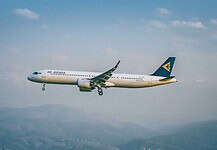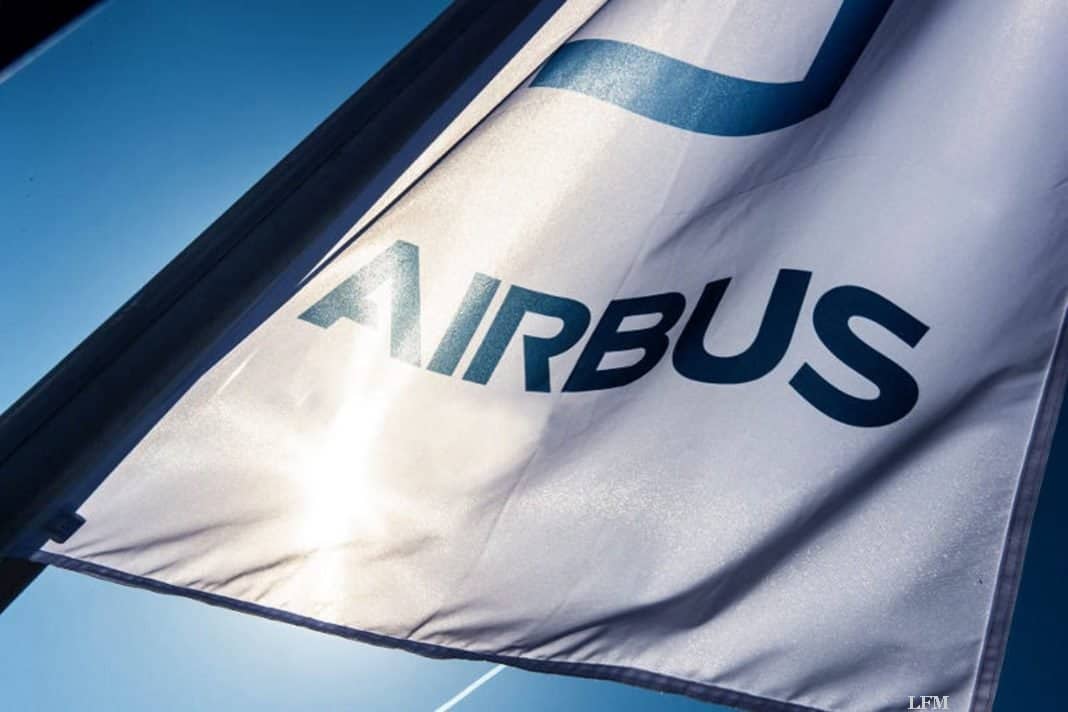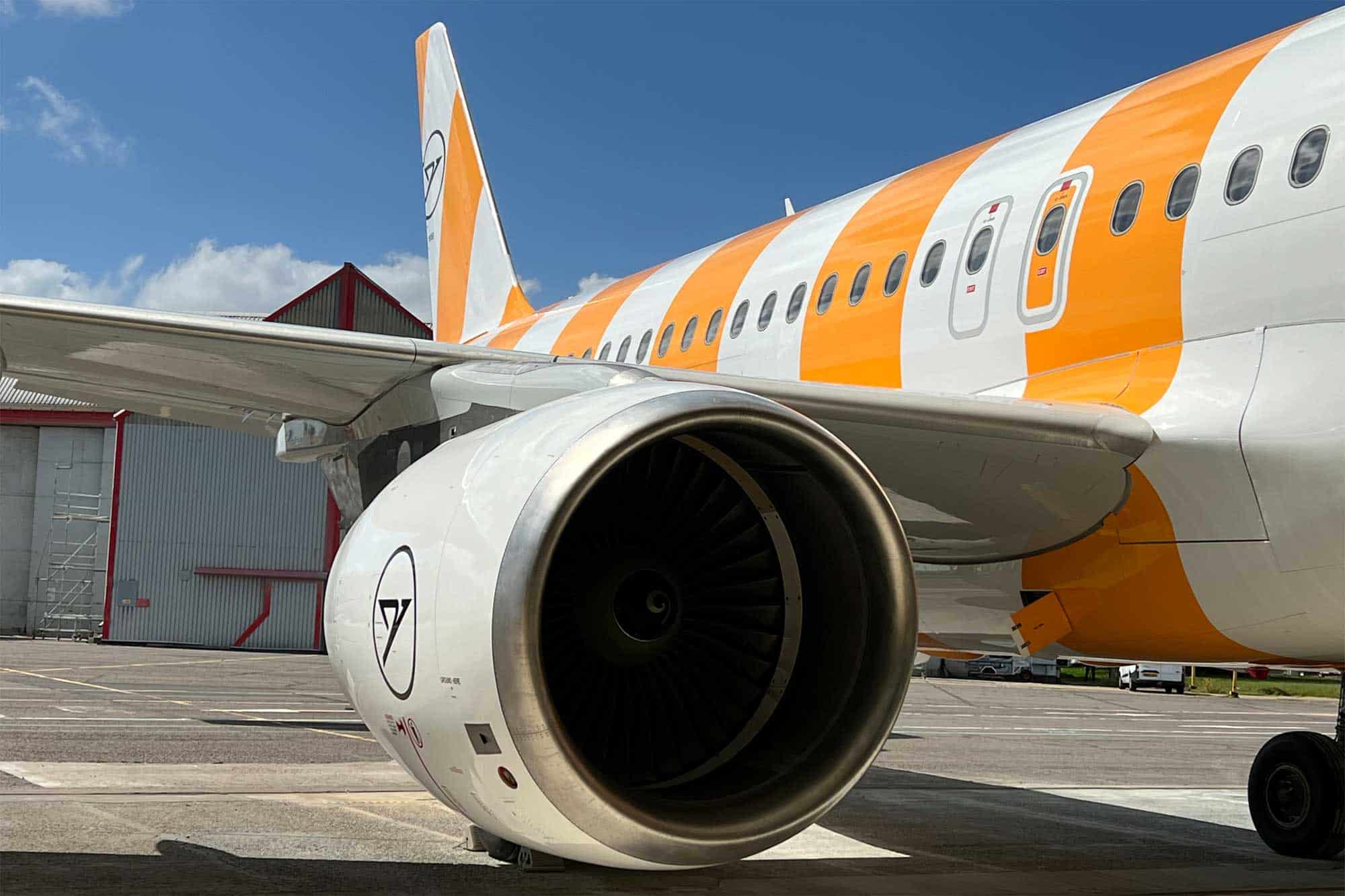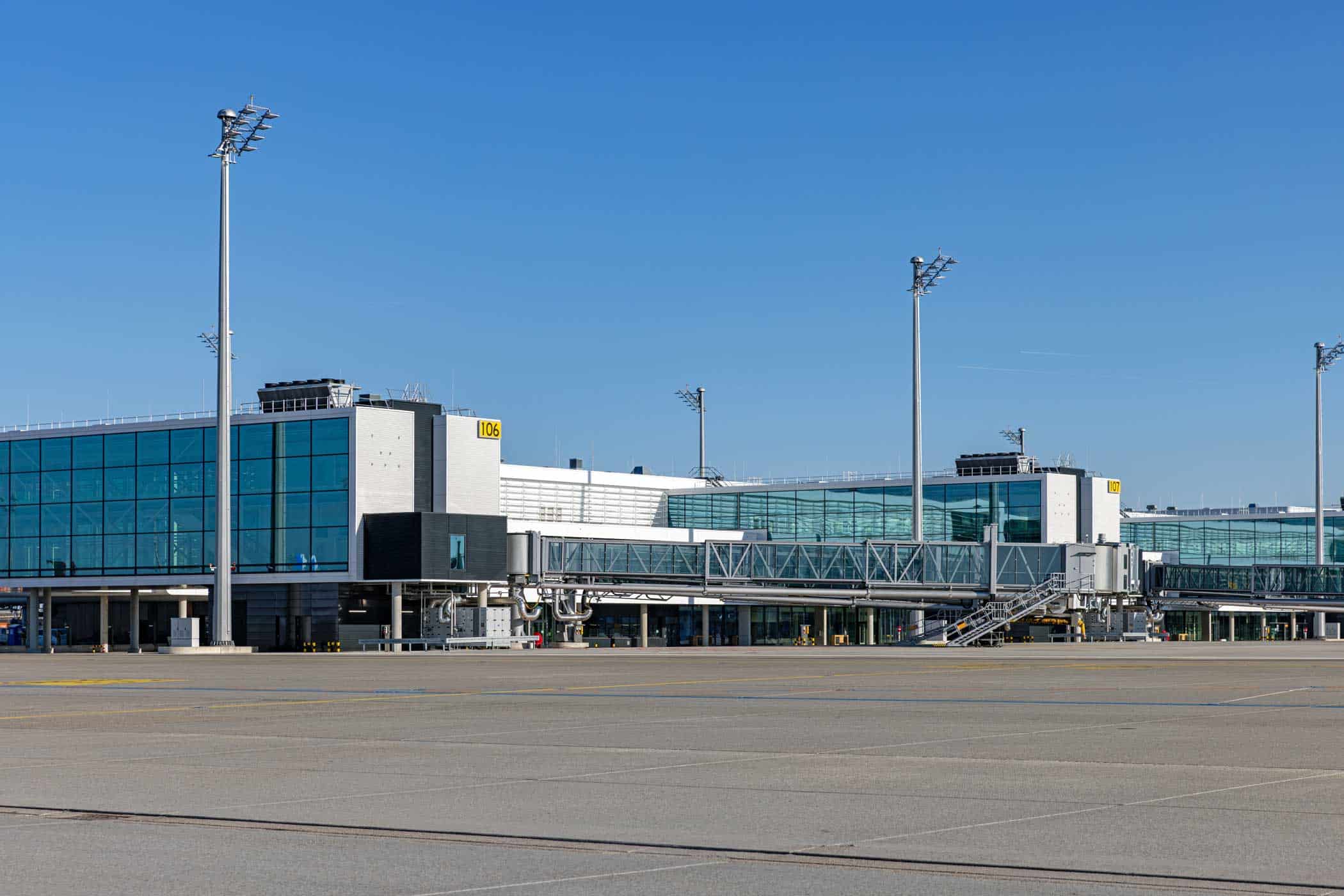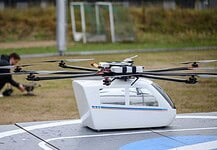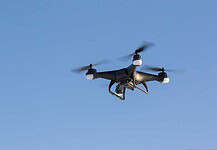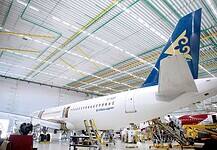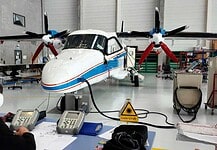Airbus reports share buyback transactions from 15 to 19 September
Airbus SE, known under the stock exchange symbol AIR, recently announced new share buyback transactions under Regulation (EU) No. 596/2014 of the European Parliament and of the Council of April 16, 2014, on market abuse (EU Market Abuse Regulation). These buybacks are part of a comprehensive program initiated on September 8 to support future employee share ownership plans and share-based compensation programs. The decision to buy back shares was approved by the Annual General Meeting of Shareholders on April 15, which authorized the Management Board to repurchase up to 10% of the issued share capital.
This report provides an overview of the key features and objectives of this buyback program, analyzes its impact on the stock market, and examines the underlying legal framework. It also explains how such a program fits into the strategic financial planning of an international corporation like Airbus.
Legal framework and supervisory requirements
The EU Market Abuse Regulation forms the legal basis under which Airbus conducts its share buybacks. This regulation primarily serves to prevent insider trading and market manipulation, thus ensuring fair and transparent trading on European stock exchanges. According to this regulation, every transaction carried out in this context must be clearly disclosed to provide market participants with complete information.
Airbus’s buyback program has been designed in compliance with this regulation, meaning that every step of the process is carried out in strict compliance with disclosure requirements. The announcement of share buybacks follows a defined process designed to ensure that no market distortions occur. This transparency builds investor confidence by allowing them to understand how the company is managing its equity.
The authority to repurchase up to 10% of the issued capital was explicitly approved at the Annual General Meeting, allowing shareholders to retain influence over the capital structure. This is consistent with common corporate governance practices that allow for balanced control over key financial decisions. Such a repurchase framework is strategically important for responding flexibly to market changes and creating financial flexibility for employee programs.
Financial analysis and impact on capital structure
The buyback transactions have a direct impact on Airbus’s capital structure. Buying back its own shares reduces the number of shares outstanding, which tends to increase earnings per share (EPS) as long as earnings remain the same. This can lead to an appreciation of the share price and is often a signal from management that the company believes in its future success.
Furthermore, such buybacks are a means of optimizing the equity ratio. By returning capital to shareholders, the equity-to-debt ratio is adjusted, which can impact the company’s creditworthiness and financing costs. Investors often view these measures as a sign of financial stability and well-managed risk management.
Another important aspect is the support of share-based compensation plans. By buying back shares, Airbus can effectively implement employee participation programs without increasing the dilution of existing shareholder holdings. This is particularly relevant in the competition for qualified talent, as such programs provide strong incentives and increase employee retention.
Market reactions and strategic importance
The announcement and implementation of share buyback programs is often viewed by the market as a signal of confidence. Investors view the repurchase of shares as an indication that management believes the stock is undervalued or expects stable cash flow. This can lead to positive share price performance and thus improve the company’s overall value.
Furthermore, such programs strengthen shareholder loyalty by stabilizing or increasing the value of their investment. Share price stability plays a key role for long-term investors and institutions, particularly for large, internationally operating corporations like Airbus.
Strategically, share buybacks are also a tool for adjusting the balance sheet structure to respond flexibly to economic fluctuations or market changes. Airbus uses this opportunity to balance both shareholder interests and its own long-term growth targets. This allows the company to remain competitive while simultaneously retaining employees through attractive employee participation programs.
Conclusion: Importance of share buybacks for modern companies
Share buyback programs, such as those used by Airbus, are now a central element of corporate financing. They not only offer financial benefits such as increasing earnings per share or optimizing the capital structure, but also fulfill strategic objectives. Supporting employee participation plans strengthens employee motivation and retention, which is becoming increasingly important given the global competition for skilled workers.
Compliance with legal regulations, in particular the EU Market Abuse Regulation, ensures that these programs operate transparently and in accordance with market requirements. This contributes significantly to stability and confidence in the capital market.
Through its buyback program, Airbus demonstrates how an international company uses strategic financial instruments to create long-term value for shareholders and employees. In times of economic uncertainty and changing market conditions, this flexibility becomes increasingly important and represents a competitive advantage.
Overall, Airbus‘ current share buyback initiative demonstrates that the targeted use of capital measures is an important component of modern corporate management that takes into account both financial efficiency and social responsibility.
Aggregated display (per day and market)
| Name of the issuer | Issuer’s identification code | Transaction date | Identification code of the financial instrument | Total daily volume (in number of shares) | Daily weighted average purchase price of shares (EUR) | Market (MIC code) |
| Airbus SE | MINO79WLOO247M1IL051 | 15.09.2025 | NL0000235190 | 141,384 | 196.4372 | XPAR |
| Airbus SE | MINO79WLOO247M1IL051 | 16.09.2025 | NL0000235190 | 125,000 | 195.2214 | XPAR |
| Airbus SE | MINO79WLOO247M1IL051 | 17.09.2025 | NL0000235190 | 125,000 | 192.6088 | XPAR |
| Airbus SE | MINO79WLOO247M1IL051 | 18.09.2025 | NL0000235190 | 125,000 | 192.3073 | XPAR |
| Airbus SE | MINO79WLOO247M1IL051 | 19.09.2025 | NL0000235190 | 125,000 | 194.0179 | XPAR |
| TOTAL | | 641,384 | 194.1778 |



